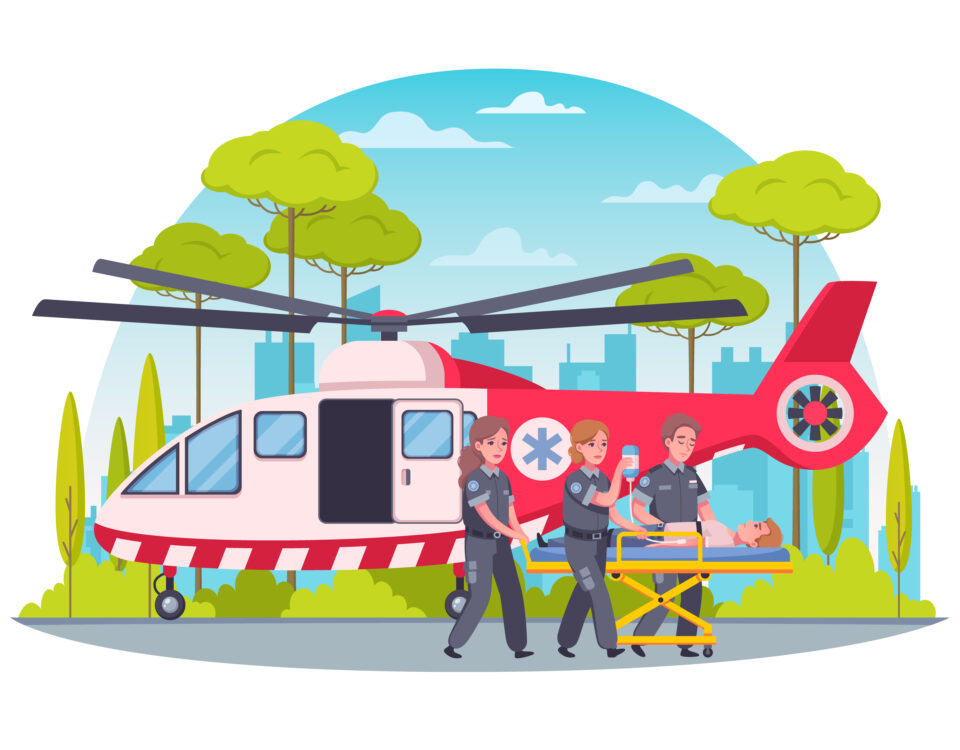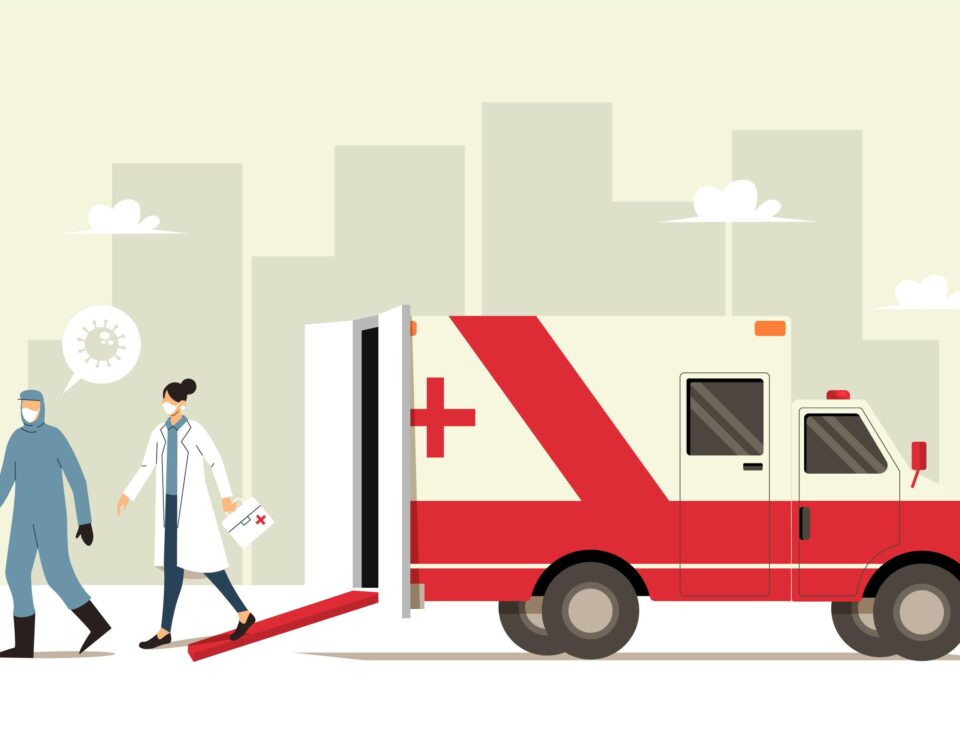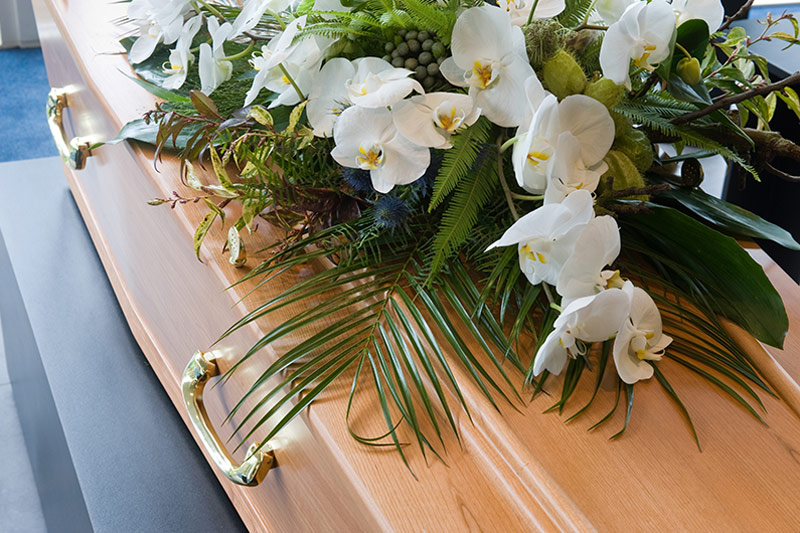
From Hyderabad To Delhi By Air To Beawar (Rajasthan) By Road
June 12, 2021
What to do after you are diagnosed with a Terminal Illness?
July 22, 2021Express Dead Body Transport Services Is Here To Help You

We are all mortal beings; one day, every one of us has to die. For people who are septuagenarian and older or suffering from terminal diseases, planning their own death might not sound absurd. While processing the news that you have a limited time left can be disturbing, doing some preparation can support your loved ones after you go.
Other than mentally accepting your life is coming to an end, there are plenty of important endeavors that need your attention. If you are undergoing a traumatic experience, thinking of these steps might seem futile at the moment, but following them will immensely comfort your loved ones.
1. Take Account of Your Utilities: If you have no closed loved one living nearby and have been living a solitary life, the house where you reside will probably stay vacant for a while. Planning the cancellation of utility services is vital to save money from being wasted. In case either of your near ones or relatives will visit the place; alternatively, you should pay the bills in advance to welcome them in a well-maintained house.
2. Draw a Will: Talking to your legal associate is necessary when you have reached near death. The absence of a will can become a significant cause of distress for your family members. Without a proper division of assets, your closed ones are bound to get into a dispute which is the last thing you want. When not proposed, all the assets you own will go to the surviving children.
3. Know Your Last Wishes: Having one foot in the grave can create an urgency that helps you find clarity. Before you leave the world, it is essential to honor your own unfulfilled deepest desires. Whether it is visiting the religious place you feel is most scared, meeting someone you haven’t seen in years or trying something silly, put it on the list. This gives you a concrete idea of your wishes and helps you to prioritize and make time for them.
4. Get Insurance: When a member who is responsible for providing the family financially dies, it is a hard blow on them not only mentally and emotionally but economically as well. A good insurance cover will provide your loved ones some time to stay in peace and will not force them to look for livelihood options when they aren’t prepared to work.
5. Book a Dead body Transporter: Though there are many common symptoms that signal death, such as a decrease in body temperature, vanishing appetite, sleepiness and more, sudden death is also a possibility. Mostly elderly people have one or a few family members around them during their last hours, booking a dead body transporter benefits you in a lot of ways. When you live isolated with the loved one in another city or experience an unannounced death, your body will be transported to the last stop without wearing them out. It also gives your loved ones some time to process the disarming news, so they don’t have to act on the spur of the moment.
6. Plan your Funeral: Discussing your funeral in advance with an undertaker can provide great relief to your family during the grieving process. An experienced funeral director will be well acquainted with the religious rites and cultural ceremonies that should be completed for the burial/cremation. We at Express Body Transport have a team that can carry the funeral for you if due to geographical constraints or any other reason, you can’t conduct it yourself. It can be pre-booked too, which is helpful in situations when you are short on time and can’t afford to spend it in arranging a funeral.
7. Understand the Symptoms: Knowing the end-of-life symptoms is helpful in many ways. Firstly, being aware of your condition, you can prioritize spending more time with family and people you love. Secondly, you can create a comfortable environment around you to feel safe and emotionally stable during difficult times.
8. Say Goodbyes: Your loved ones and friends might never know the extent to which you love them unless you express its profundity. Leaving them a video or letter that describes every quality in them you have adored will act as an emotional closure. Even if they don’t get to see your dead body or aren’t present at the funeral, they will be comforted to know how much you valued their existence in your life.



